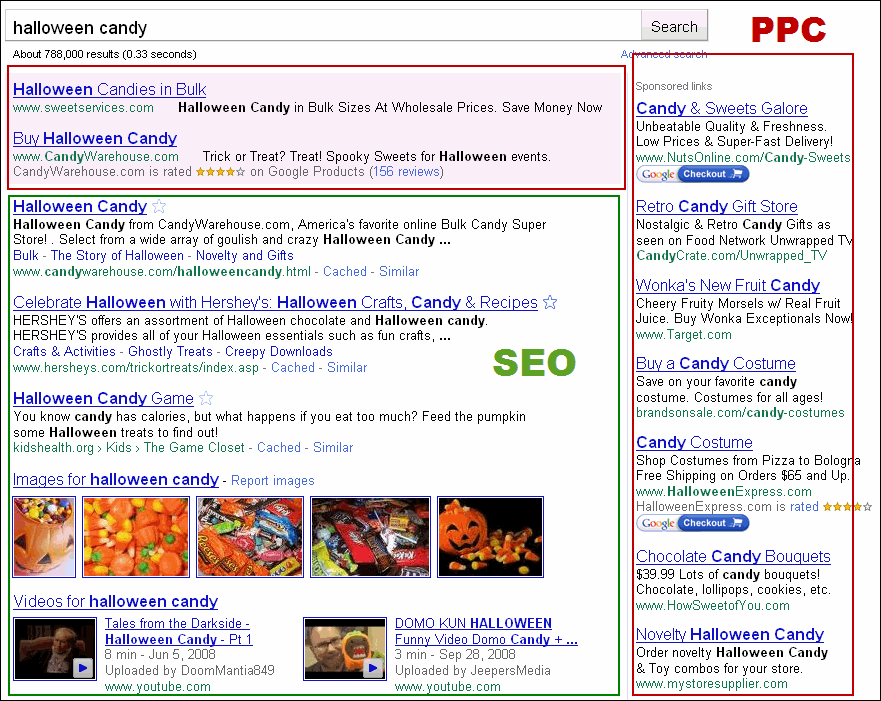It’s a question that every advertiser will have asked themselves at some point in their online marketing career. Is Organic search engine 
Organic Traffic
Organic traffic ultimately works by publishing new and high quality content onto the internet. This will then be processed by search engines such as Google and displayed onto search results when web users search for certain keywords that are involved with the content.
Organic traffic has many positives which are listed below:
- Organic SEO is free. You can outsource work to others to help you with gaining organic traffic. However, most organic traffic is produced from the web user them self.
- Organic traffic produces consistent amounts of traffic. Therefore, you will find that for advertisers that are looking at long term campaigns, it is best to go organic.
- Gaining number one organic spot on a search engine means your website will have dominance on the internet. As well as this, a website that is ranked high naturally on search engines such as as Google will also increase its value. After all, they are gaining contextual traffic for free consistently.
However, saying this, there are some drawbacks to organic traffic too:
- You can’t be 100% sure just exactly how much traffic you are going to get. Although you can usually estimate the amount of traffic you are going to get, algorithm updates such as Google Panda and Penguin makes getting traffic organically more unpredictable.
- It could also work out much more expensive as PPC too since you don’t know how much traffic you are going to get for the time you put into getting it. How much is your time worth?
- Results organically can take months to appear. You have to be patient: especially when it comes to seeing your website’s ranking change.
PPC Traffic
Pay per click advertising works by letting advertisers pay only once their advert has been clicked on. There are two types of adverts: display adverts (which are adverts that are on publisher websites) and search adverts (adverts displayed on search engine results). With PPC traffic from search adverts, there are some benefits:
- The results from PPC are instant. There is no waiting around like there is for organic SEO.
- You know exactly everything about your campaign from the impressions to CTR to CPC. For this reason, you are always in complete control.
- PPC can be used by anyone to promote anything. This means PPC is great for when your website has a low search ranking. You can use PPC to get top spot and then work towards increasing your website’s ranking at the same time.
- PPC will guarantee that your advert is always above the first organic search result.
However, PPC does also have its negatives:
- You do control your budget. But, compare this to organic traffic, which is free. PPC is more expensive to run (but it all depends on how much you value your time as to get organic traffic will be free but take up your time).
- PPC does try to hide the fact that it is advertising. However, web users still look at search adverts and scan straight pass them because the adverts are still seen as advertising to the web user.
- Carrying on from the above point, many web users skip straight pass the adverts and move straight to the first organic result.
From looking at organic and PPC traffic above, I can come to the following conclusion. For immediate results, use PPC. However, if you want long term dominance in, lets say, Google search, improve your organic traffic.





Nancy Badillo
October 1, 2013 at 11:41 am
Hi Will,
Great article! Thank you for displaying the difference between PPC and Organic Traffic. The article is very informative.